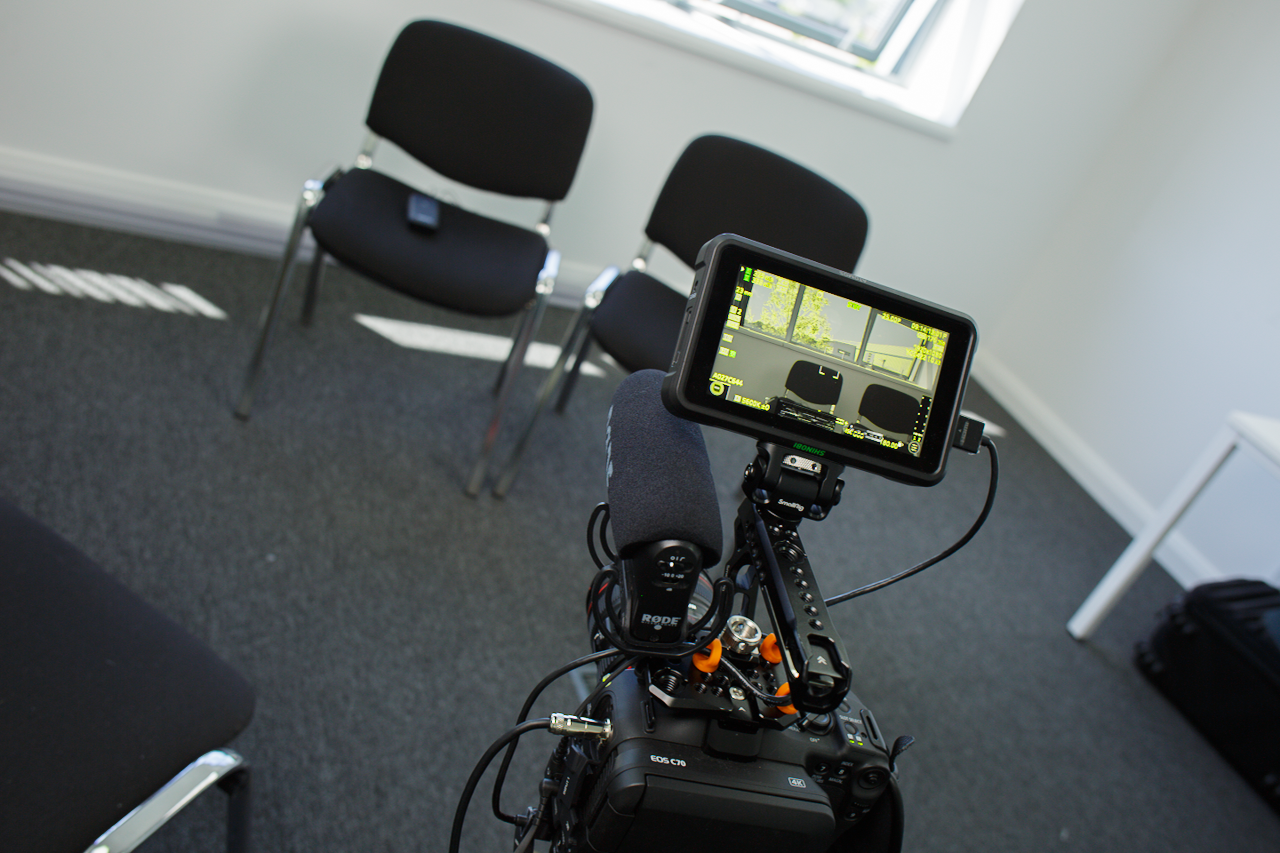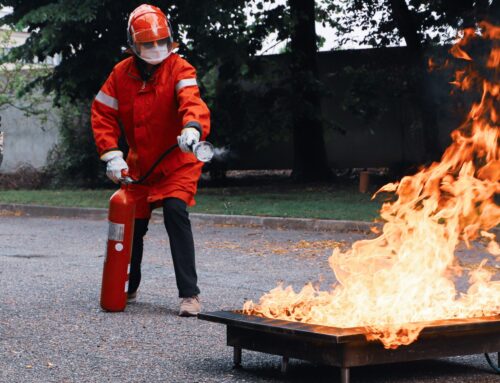What’s the difference between a case study and a testimonial, and how do they work as videos?
Video case studies and video testimonials have a lot of similarities, and many people use these words interchangeably.
Both styles involve hearing from one of your favourite clients, who is going to absolutely rave about the service which you provide.
Both produce a piece of video content which you can use as part of your blogs, website pages and on your social media.
And both styles make it really easy for a future client to trust you and the service which you provide.
However, as someone who produces case study videos for charities and businesses in Stoke-on-Trent and Staffordshire, I do feel like there are some nuances in the video types. With that in mind, let’s look at some of the differences in the two styles.
What is a video testimonial?
To me, when I hear ‘testimonial’, I think about the kind of quotes your clients send you when you email them looking for feedback after you’ve finished working with them.
Even though they’re raving about the service you provided, because they’ve written it themselves, you’ve not got loads of control over what they choose to write – you’d probably highlight different talking points if you could write it yourself!
In written form, this might look like the kind of review people leave for you on Google. For example: ‘VideoHQ helped us to produce the content we were looking for, it was really engaging and we’ve had great feedback from it. They were really helpful throughout the process and we’d highly recommend them to other people’.
In a video format, this looks like someone recording a testimonial on their phone, talking to the camera. It’s probably between 30 seconds to a minute long, and talks mostly about the quality of service provided, and whether they’d recommend to others.
A case study however is much more in-depth…
What is a video case study?
A case study on the other hand tells the full story of how you helped your client, from their point of view. It looks at the ‘who, what, when, where, how’ of the service you provided.
To start off with, you ask them to tell you about the problem that they had in their business / life which meant they came to you for help.
This is a fantastic place to start, because the problems they had are the problems your potential clients are currently experiencing. This makes it really relatable content, as the audience starts to see themselves in your interviewee.
By then going into detail about the fantastic service which you provided, and how your service transformed their life, your potential client starts to trust that you could help them in the same way.
Video testimonial vs case study – the style differences
As well as content, testimonials and case studies differ in style too. Rather than your client reading a script that they’ve possibly written themselves, the video is recorded as an interview, with the client responding to the questions you’re asking.
In this sense, you have much more control over what your client says. While obviously you can’t put words into their mouth, you can ask questions which are geared to get the responses which you’re looking for.
If you know you went above and beyond in a particular way with that client, you ask them about that particular area of your service so you know that it’s highlighted.
For example, when I filmed a case study interview with Popcorn Learning Media for Logic Resourcing (both based in Stoke-on-Trent), Logic told me that they’d worked really hard to find someone who was a perfect fit for the culture at Popcorn, rather than just looking purely at qualifications. When interviewing Eric, I asked him what the culture at Popcorn is like, and whether the candidates Logic put forward for interview fitted that culture.
Plus, because it’s recorded as an interview, the style is much more conversational and relaxed compared to when someone doing a testimonial, reading from a script.
Video testimonial vs case study – which would work better for my business?
It depends what you’d like to use the content for. If you’re just looking for a quick review which is easy for you to gather, and you can put on a social media channel; then a video testimonial will probably do the job.
However, it’s slightly more demanding from your client’s point of view. They’ve got to think more about what they’d like to say in their script, plus they’ll need to set the phone camera themselves and send the footage across to you.
Whereas with a case study, you’re handling all of those things for your client. All they need to do is let you in so you can get set up, and spend up to half an hour having a natter to you on camera.
Unsure about how to gather a case study video?
Would you prefer a case study video to a testimonial video, but are unsure about recording it yourself? VideoHQ can take all of the hassle out of the process. All you need to do is point us in the direction of your client, and tell us about the topics you’d like them to highlight.
We even offer this service on a retainer basis, so you know that this incredible content is being generated regularly. For this, we work with creative copywriter Genevieve Lowles, and website designer Vicky Stanaway from TukTuk Creative Marketing, so you also get a written blog alongside the video, and it’s all uploaded to your website in an optimised way.
Get in touch if you’d like to find out more about whether video case studies would be a valuable marketing tool for your business.





